Incentives for diversified agriculture as a strategy for overcoming poverty in rural contexts
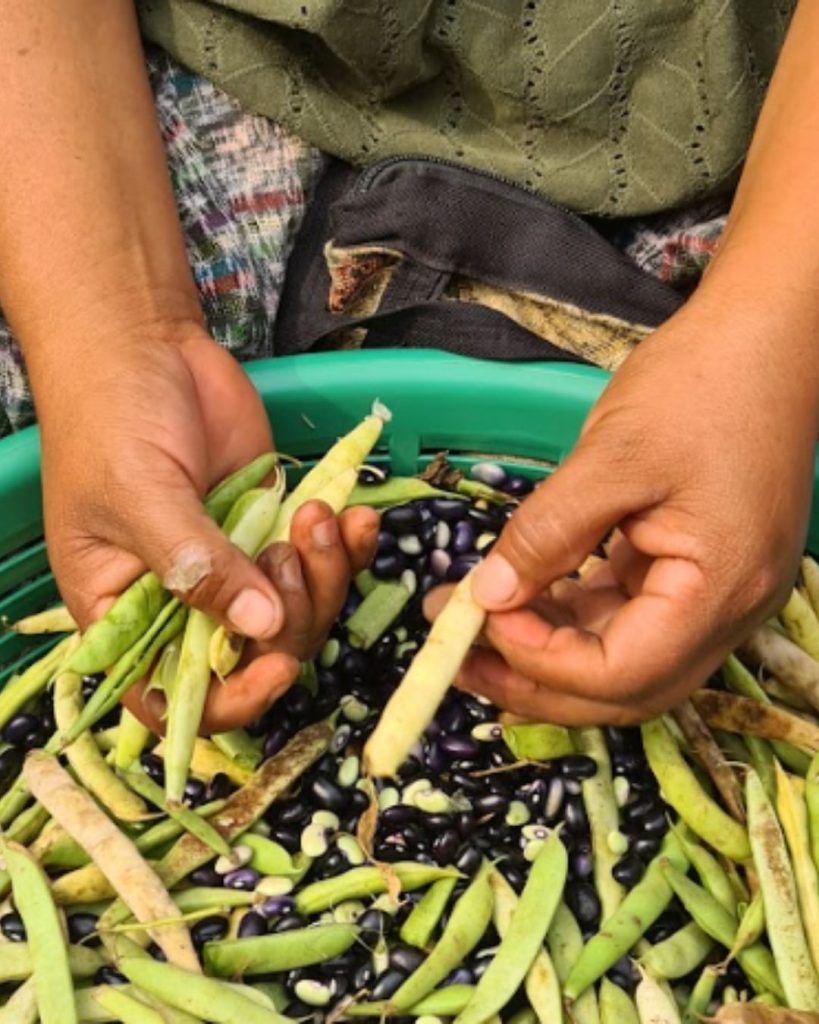
Since 2021, Rimisp has accompanied the indigenous civil association APROBA SANK, who have been working with Mayan Q’eqchi’ communities and authorities for over 20 years in Alta Verapaz, Guatemala. SANK, in its mission to improve living conditions and achieve greater autonomy for local communities, has proposed the establishment of an Incentive Program for Diversified Peasant Production (PIN-Campesino).
CHILE: Electoral Balance of Rural Communes in the Municipal and Regional Government Elections 2024

This report presents a brief electoral balance of the 2024 elections in rural areas, considering only the results for the offices of mayors and GOREs. Unlike other Rimisp reports, on this occasion, a comparative analysis with previous processes is not carried out due to the fact that the recent elections present different characteristics (mandatory voting and a decrease in the percentage of the majority required to elect GOREs). The territorial focus of the study is on the commune as the unit of analysis, using the categorisation defined by the National Rural Development Policy (PNDR), namely: urban (82), rural (185) and mixed (78).
Project summary:
Capacity Building in the Municipal Public Management Cycle in seven municipalities of the Department of Caquetá and Meta
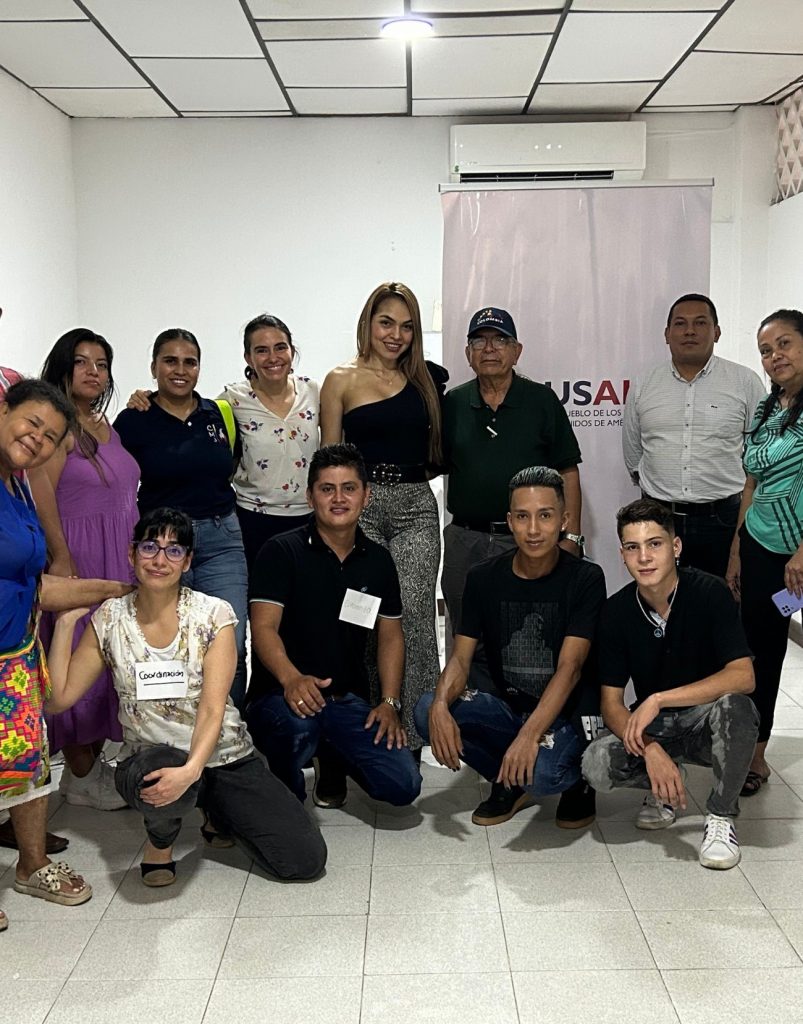
This summary seeks to present in more detail the work that has been developed so far in the project. ‘Capacity Building of the Municipal Public Management Cycle in seven municipalities of the Department of Caquetá and Meta’.
Chile: Rural electoral balance in Exit Plebiscites 2022-2023
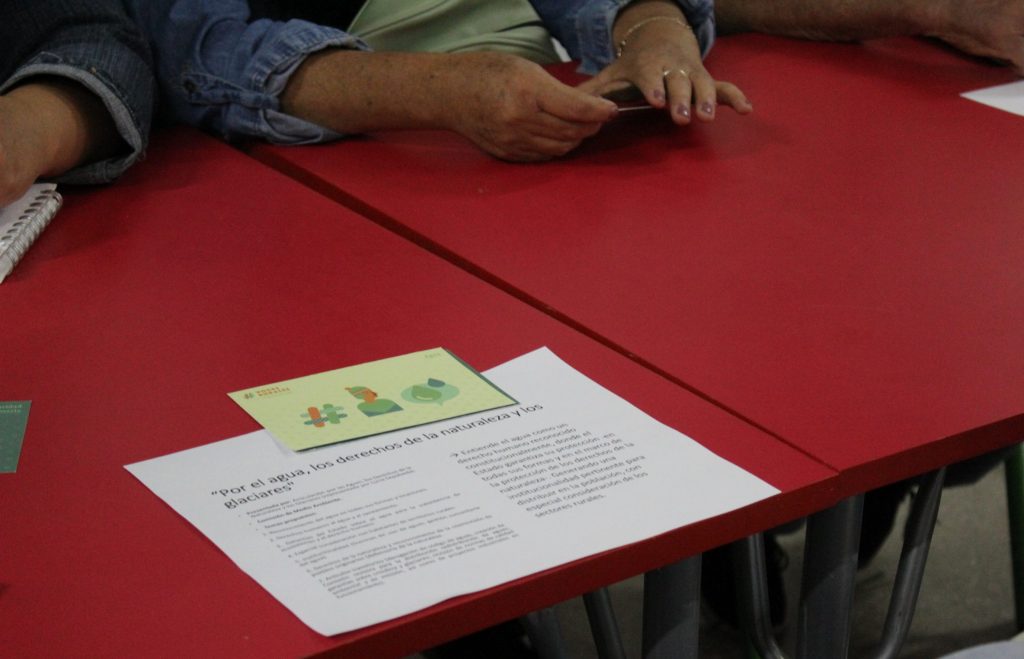
This report presents an electoral balance with a territorial-rural focus that compares the results obtained between two political processes of similar characteristics: the Exit Plebiscite of 2022 and the Exit Plebiscite of 2023.
Food insecurity in Chile: a multidimensional perspective
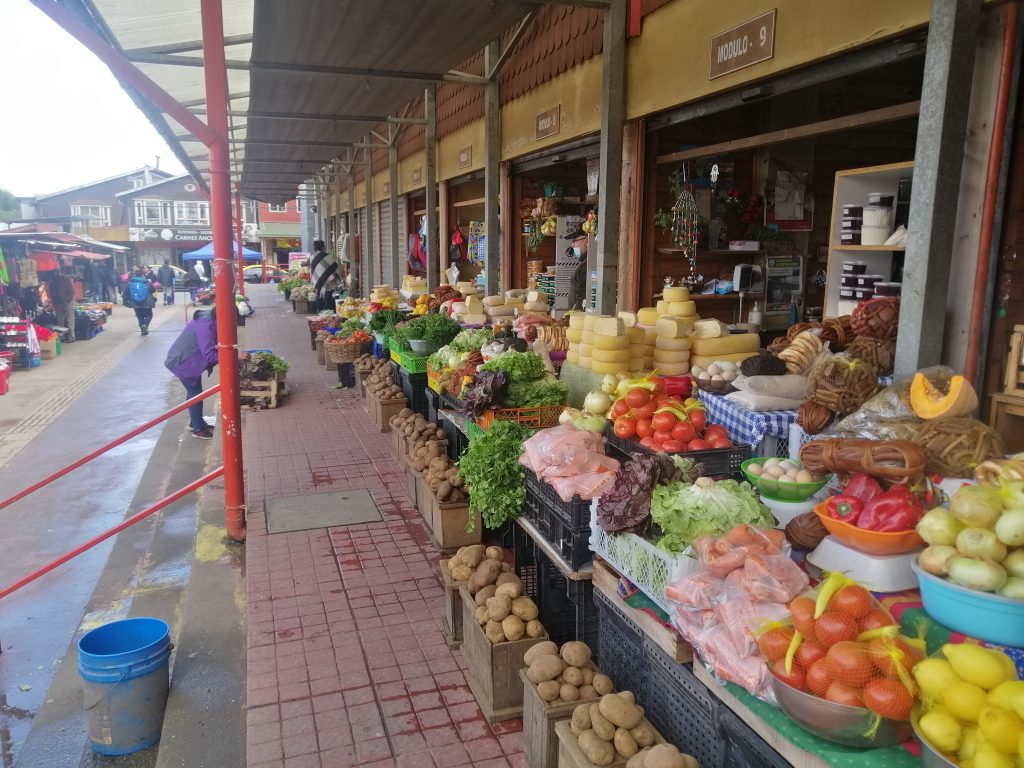
This article summarises the state of food insecurity in Chile, how it has changed in recent years, its measurement and its relevance for the discourse on income and multidimensional poverty.
Overcoming hunger from the territories: Recommendations for including the right to food in development plans in Colombia
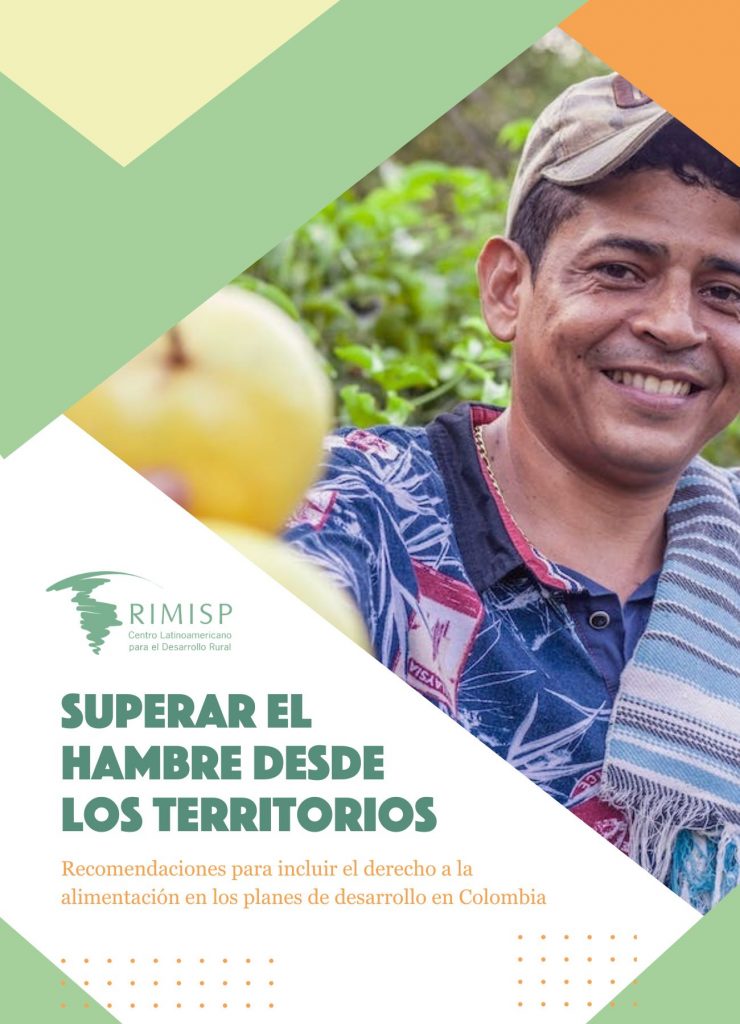
We have researched this issue in depth in several Latin American territories and found evidence of how a territorial approach can help to move forward more quickly in addressing this priority right. The following document presents some of these conclusions and provides proposals for future development plans.
El Salvador: Ecosystem restoration and conflict transformation
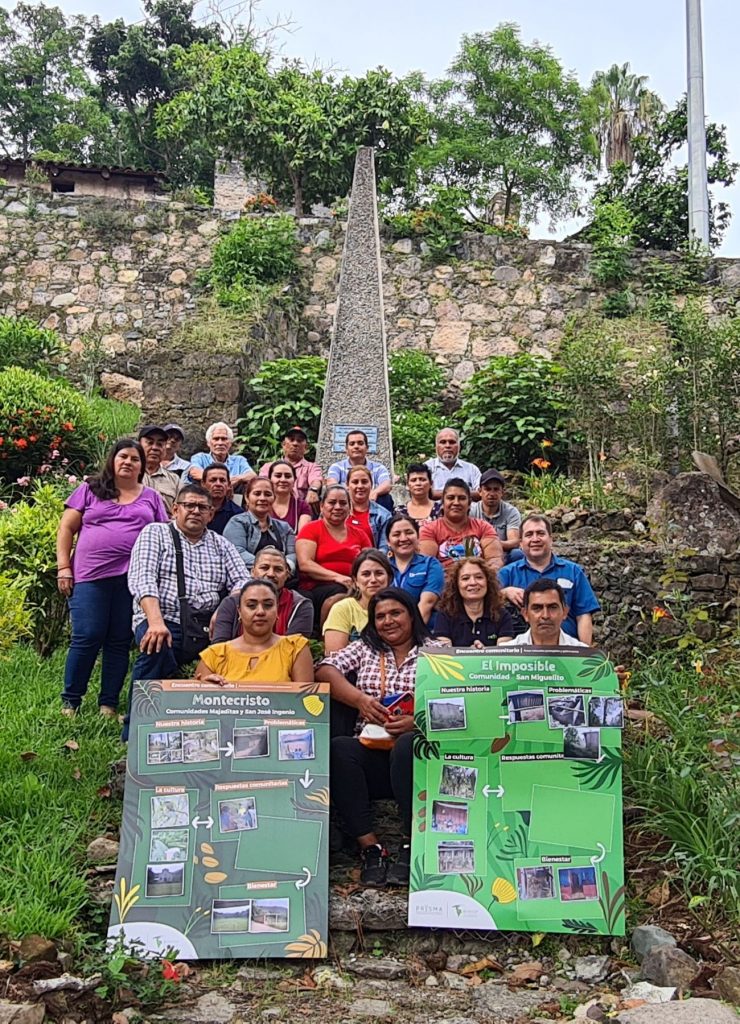
The ecosystem restoration agenda in El Salvador began to gain prominence in the last decade as a response to the persistent historical dynamics of environmental degradation and the growing impact of climate change. These issues have had negative consequences on the livelihoods and food security of the population.
The lessons learned in San Miguelito are valuable for government institutions, donors and other stakeholders seeking to advance restoration goals and promote inclusive approaches to territorial governance.